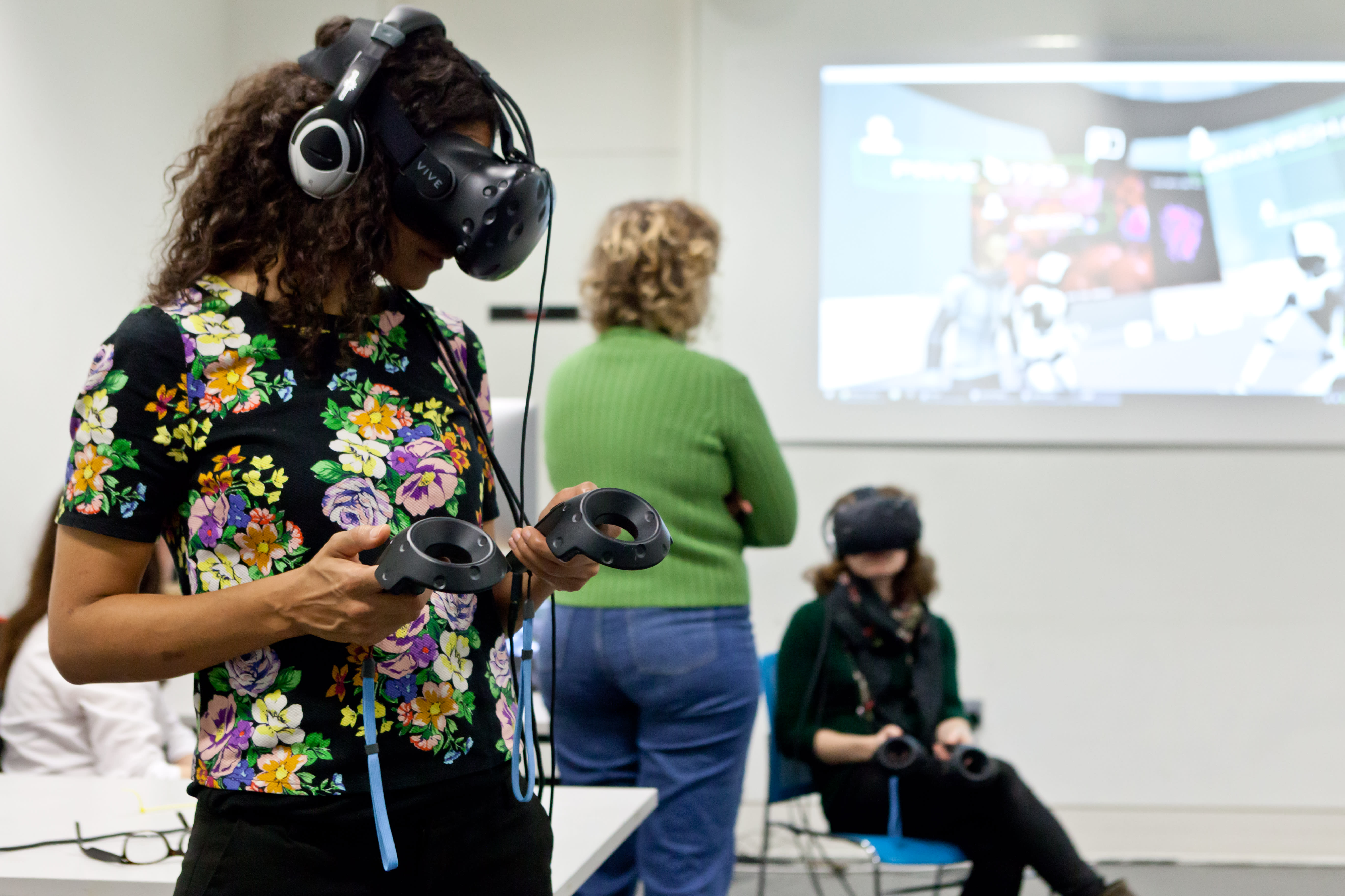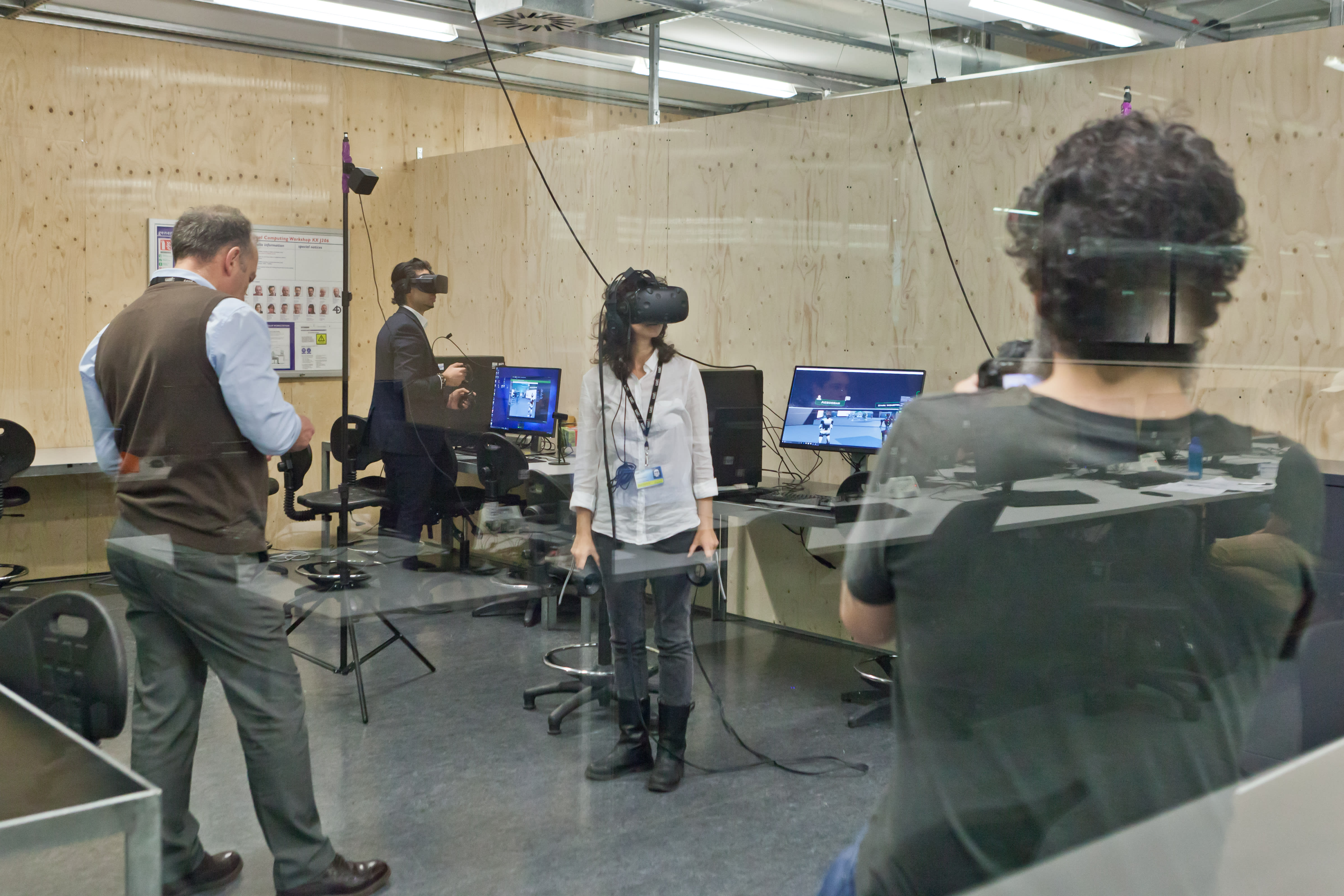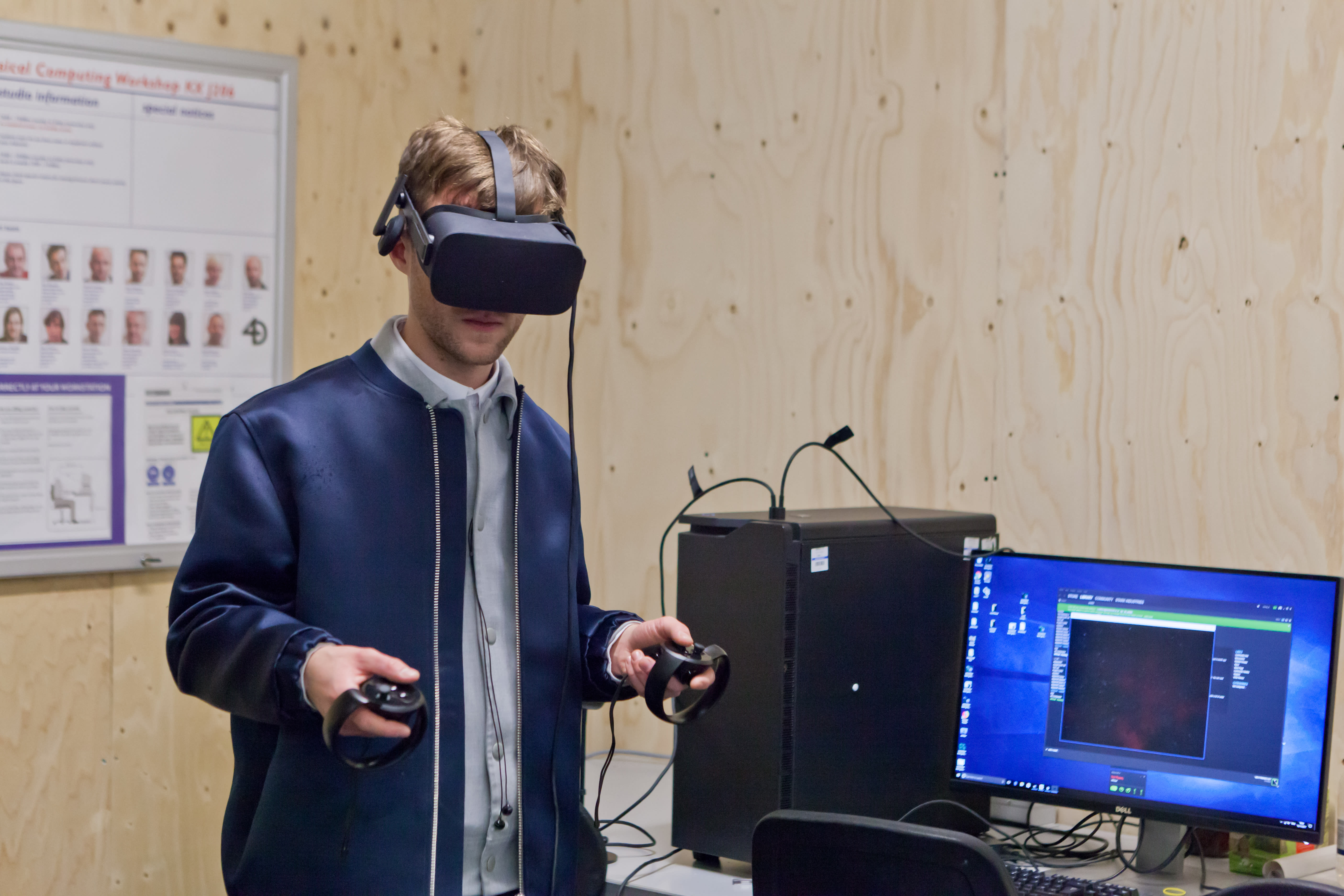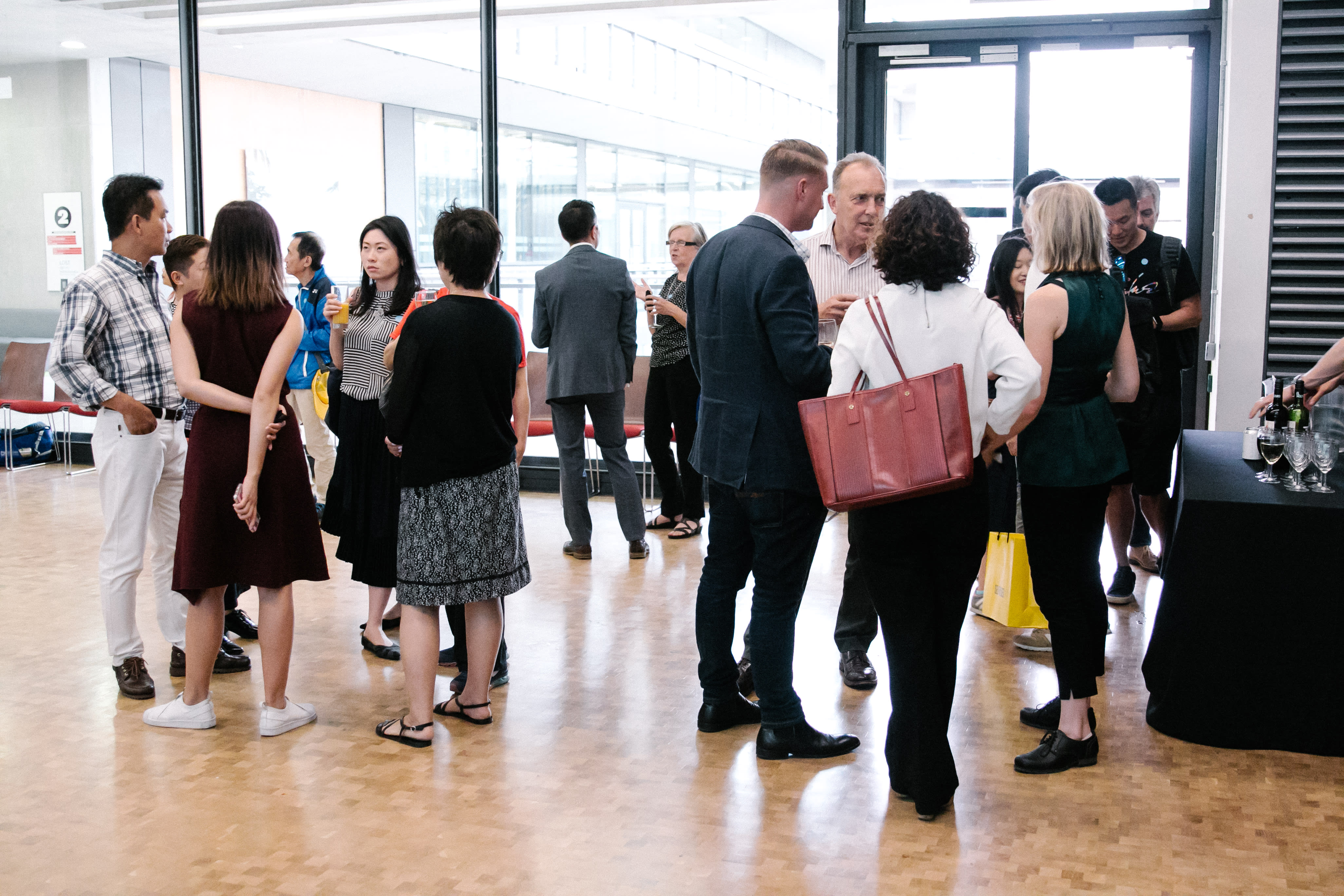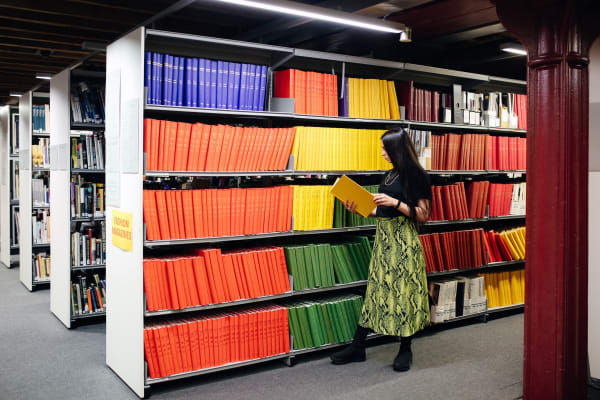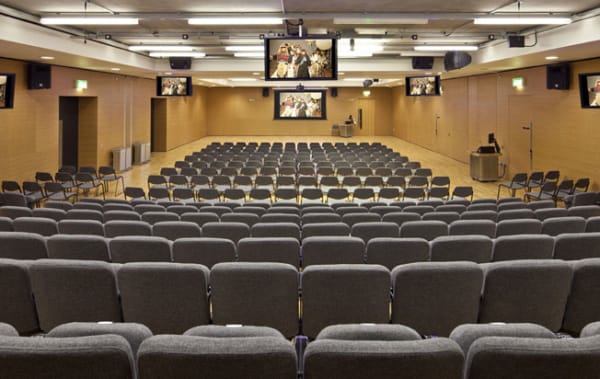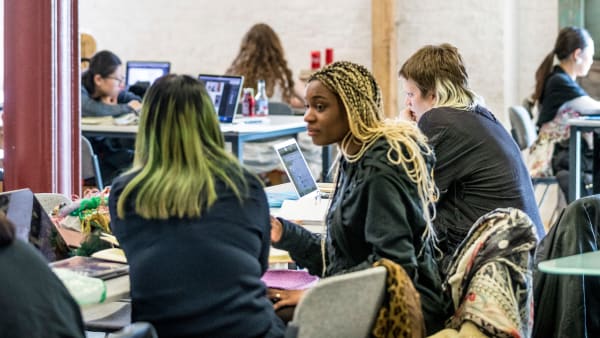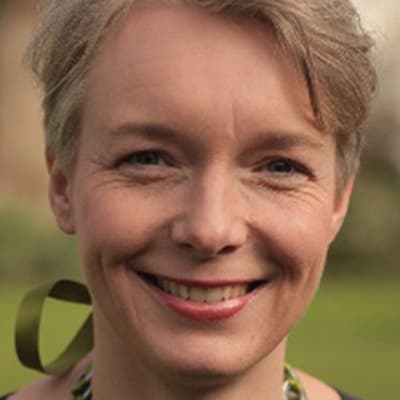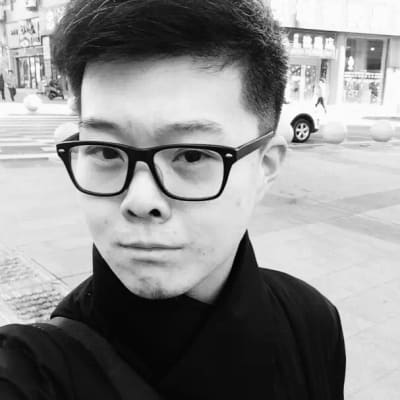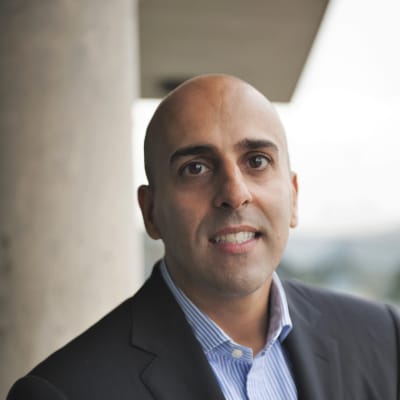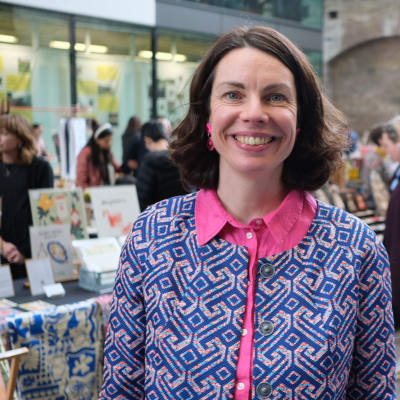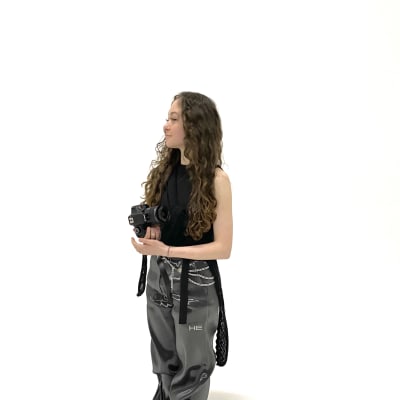Course units
Unit 1: Navigating Arts and Cultural Enterprise
You are introduced to key concepts of arts and cultural production as well as the research, writing, analysis and evaluation skills essential for postgraduate study. The unit also introduces the relationship and association between arts and cultural enterprise by recognising and positioning the contemporary shift within the arts and cultural economies towards experiences and events. You will develop collaborative attributes as you begin to work together as a group, learning to negotiate, agree ground rules, communicate and share ideas and, importantly, learn how to approach, navigate and resolve challenges.
Unit 2: Practice, Policy and Markets
Utilising the skills you have developed in Unit 1, this unit engages you in the macro analysis of the realm of arts and cultural production and dissemination. It enables you to develop an understanding of arts and cultural production in both commercial and the public realms.
Unit 3: Local and Global Challenges
In this unit you will identify the impact of contemporary values and discourses on the future from multicultural and multifaceted perspectives. It interrogates globalisation as a challenge as well as an opportunity, and facilitates an understanding of arts and cultural enterprises in uncertain contexts. The unit considers how we might operate ethically and responsibly in times of emerging issues such as, but not limited to, the climate crisis, social justice and humanitarian rights.
Unit 4: Arts and Cultural Entrepreneurship
You will explore the ways in which creativity, innovation, problem solving and entrepreneurship intersect. It employs tangible, professional examples to enable you to think about and apply business model innovation, new and emergent markets, pioneering experiences and services, contemporary and innovative ways of communication and new and dynamic organisational models.
Unit 5: Arts and Cultural Economies: Business Models and Strategy
This is the core business unit of the course. It introduces you to the basics of general business processes in an arts and cultural setting while developing strategies around short and longer-term challenges that develop and nurture transferable skills while recognising the wider and broader arts and cultural economies. Teaching includes theoretical approaches, and case-study-based learning.
Unit 6: Social Impact and Innovation
Developing business attributes acquired in Units 4 and 5, this unit engages with the overarching principles of social responsibility, ethical behaviours, social innovation and theories of socially-engaged practices, and challenges you to form an understanding of how arts and cultural events and activities can support engagement with innovation and innovative practices.
Unit 7: Dissertation or Applied Project
The final (60 Credit Unit) enables you to reflect critically on theories and critical skills encountered previously in the course, while proposing new approaches to cultural production, in a self-directed dissertation or major project. The dissertation is an individual academic study, based on models and theories discussed throughout the course; the applied project puts strategies of arts and cultural production into practice. This unit also includes you working cooperatively to organise a collective enquiry addressing current challenges in the sector and write a reflective report on this process.
Mode of Study
The course is offered in both two-year part-time, and flexible learning modes.
Part-time mode over two years: this means that, to achieve the Masters qualification in part-time mode, your learning is timetabled across 83 weeks over two full calendar years. To achieve the PG Cert it takes 27 weeks’ study, over around an 8-month period, and for the PG Dip, it takes 54 weeks’ study, over around a 16-month period. Both PG Cert and PG Dip are offered as an exit award only.
Flexible learning mode (UK cohort only): in this mode, individual units can be undertaken over a maximum five-year registration period. Unit 1 is compulsory and must be taken as the initial unit. Units 2 to 6 can be taken in any order thereafter. Unit 7 can be undertaken only when Units 1 to 6 have been passed.
You are expected to commit an average of around 22 hours per week to your studies. Taught input is offered through intensive face-to-face teaching and learning activities on site near the beginning of each unit, and continues in the form of synchronous and asynchronous online teaching, support and feedback via Moodle (the University’s Virtual Learning Environment) throughout the remainder of the unit.
The course has been designed in this way to enable you to pursue your studies whilst also undertaking part-time employment, internships or care responsibilities. Your calendar for each unit is available on Moodle, and week-by-week timetable information is updated on a continuing basis.
CSM Academic Support is delivered by a team of academics and practitioners working alongside your course to help you progress and achieve your maximum potential as a student. Academic Support can help you to develop your skills in different areas, including critical thinking, research and writing, time management, presentations and working independently and collaboratively. These may be offered as part of your timetabled classes or as bookable tutorials and workshops.
Credit and award requirements
The course is credit-rated at 180 credits.
On successfully completing the course, you will gain a Master of Arts (MA degree).
Under the Framework for Higher Education Qualifications, an MA is Level 7. All units must be passed in order to achieve the MA but the classification of the award is derived from the mark for the final unit only.
If you are unable to continue on the course, a Postgraduate Certificate (PG Cert) will normally be offered following the successful completion of 60 credits, or a Postgraduate Diploma (PG Dip) following the successful completion of 120 credits.
In either mode, the MA award is based solely on the achievement in Unit 7.


